QUEZON CITY, June 12, 2020 – The Department of Agriculture (DA) and National Commission on Indigenous Peoples (NCIP) strengthened their collaboration as they entered a Joint Special Order to assist more IP communities through DA’s several programs amid the coronavirus disease 2019 (CoVid-19) crisis and beyond.
Agriculture Secretary William Dar and NCIP Chairperson Allen Capuyan signed the order on Independence Day at the DA Office of the Secretary in Quezon City.
The DA programs that are helping IPs are the Special Area for Agricultural Development (SAAD) Program, Kabuhayan at Kaunlaran ng Kababayang Katutubo (4Ks), National Organic Agriculture Program, High-Value Crops Development Program, Corn Program, Rice Program, Livestock Program, Fisheries Program, Abaca Program, and others.
According to NCIP, there are 7.7 million hectares of ancestral domain in the country, which are not maximized for agricultural production due to various limitations, such as terrain, distance, source of water/irrigation, farm to market roads, soil health, presence of pests and diseases, presence of wild animals, traditional agricultural practices no longer applicable with the current situation, peace and order, and land-ownership issues.
With the partnership, the DA will help increase the country’s food supply by transforming vast ancestral lands nationwide into food production areas.
Meanwhile, NCIP targets to achieve food self-sufficiency per IP community. A massive food production in the areas will provide IPs not only continuous source of food, but also source of additional income.
“Aside from profitable types of vegetables — like onion, string beans, potato, carrots, pineapple, garlic, cauliflower, and watermelon — our brother IPs can grow cacao, coffee, abaca or black pepper, or they may go into raising native pigs and free-range chicken,” Capuyan said in an interview on April 16, 2020.
SAAD’s IP beneficiaries
The SAAD Program has been providing agricultural livelihood support to IPs since 2017. Out of 70,934 farmer-beneficiaries of the program in the poorest 30 provinces of the country, 17,673 from 18 provinces belong to the IP groups as of December 2019.
In Luzon, there are 8,024 SAAD IP beneficiaries (Itneg, Aeta, Isnag, Masadi-it, Aplay, Bago, Igorot, Kalinga, Kankanaey, Ibaloi, Itawis, Malaweg, Ibanag, Bontok, Balangao, Maranaoan, Iraya, Agta Cimarron, and Agta Tabangnon) living in Apayao, Kalinga, Mountain Province, Occidental Mindoro, and Sorsogon.
In Visayas, there are 1,741 SAAD IP beneficiaries (Iraynon-Bukidnon, Ata-Bukidnon, Tribu Magahat, and Tribu Tabihanon) living in Negros Occidental, Antique, and Negros Oriental.
In Mindanao, there are 7,908 SAAD IP beneficiaries (Kalibugan, Subanen, Manobo, Tigwahanon, Higaonon, Pegujunan seg Concepcion, Mansaka, Dibabawon, Mandaya, B’laan, Ata Waray, Kaulo, Maranao, Igorot, Bagobo, Kalagan, Teduray, and T’boli) living in Zamboanga del Norte, Bukidnon, Misamis Occidental, Davao de Oro, Maguindanao, North Cotabato, Sarangani, Sultan Kudarat, Agusan del Sur, and Surigao del Sur.
The interventions given to them are assistance for crops, fisheries, livestock, and poultry production; training activities; as well as marketing and enterprise development. ###
Writer: Jhomai Canlas, SAAD Public Relations and Communications Head

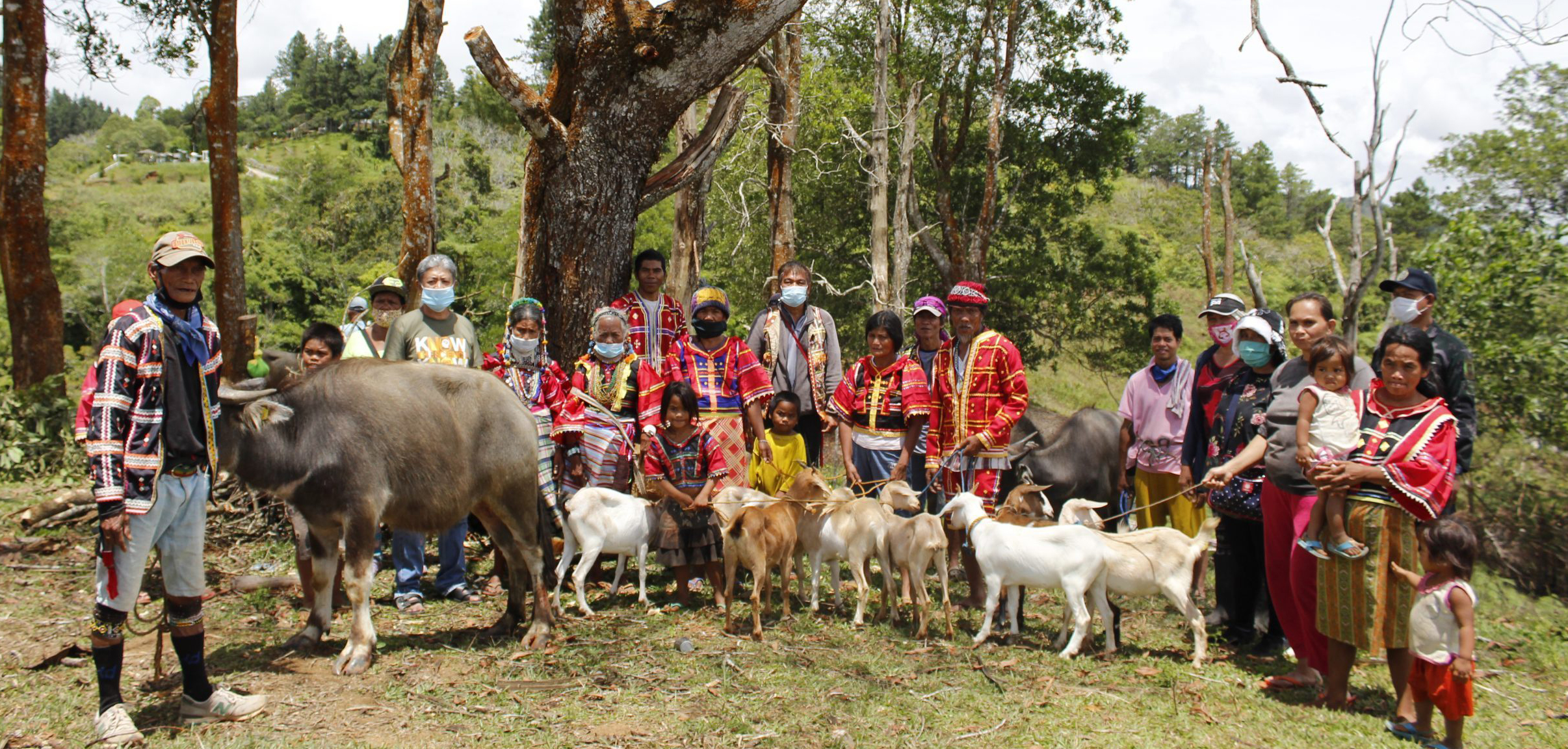
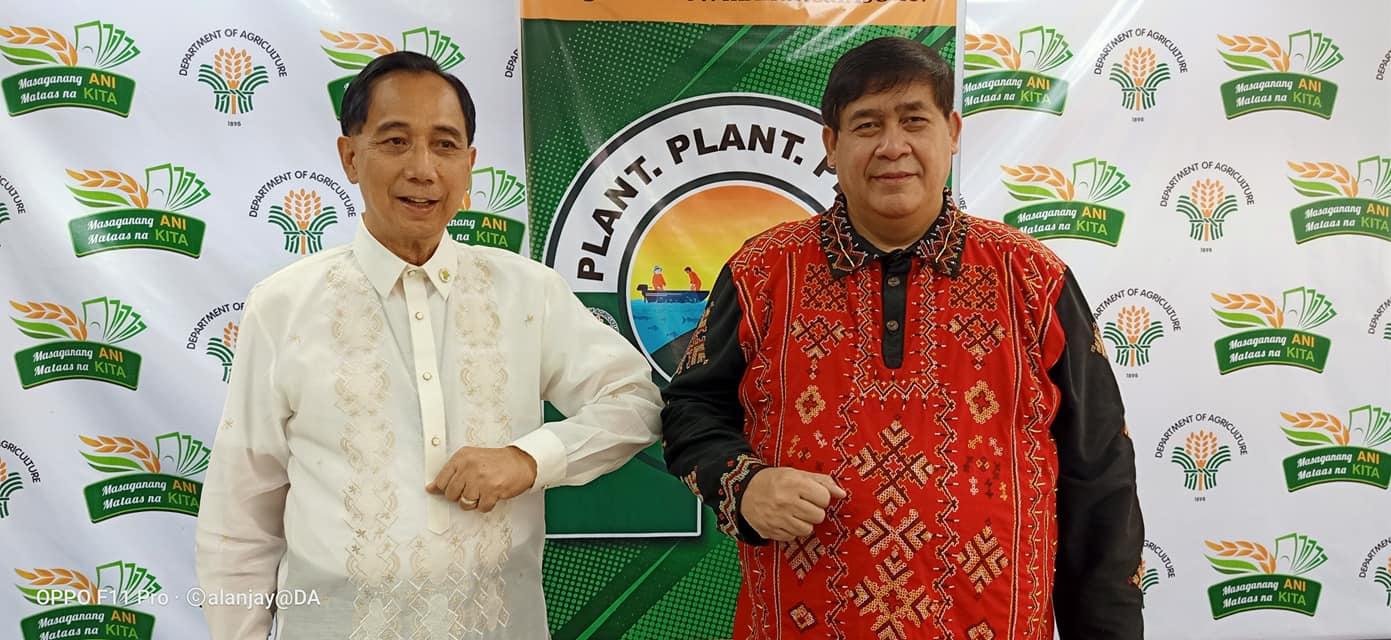
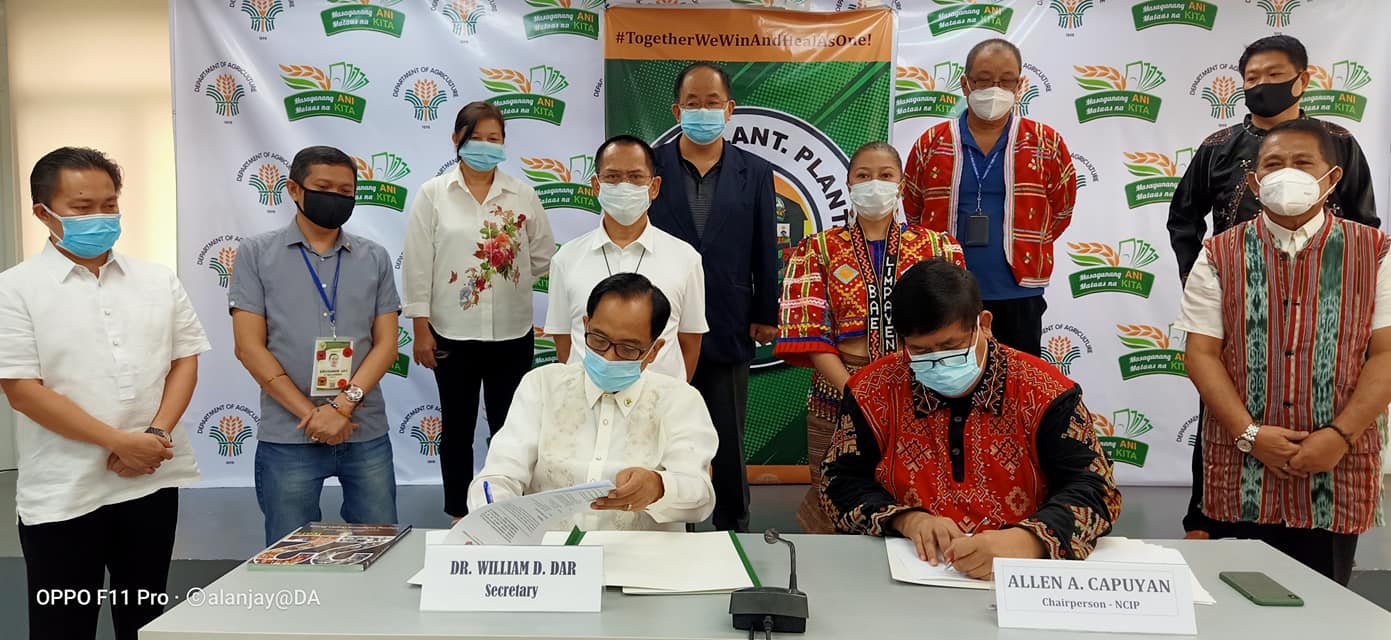
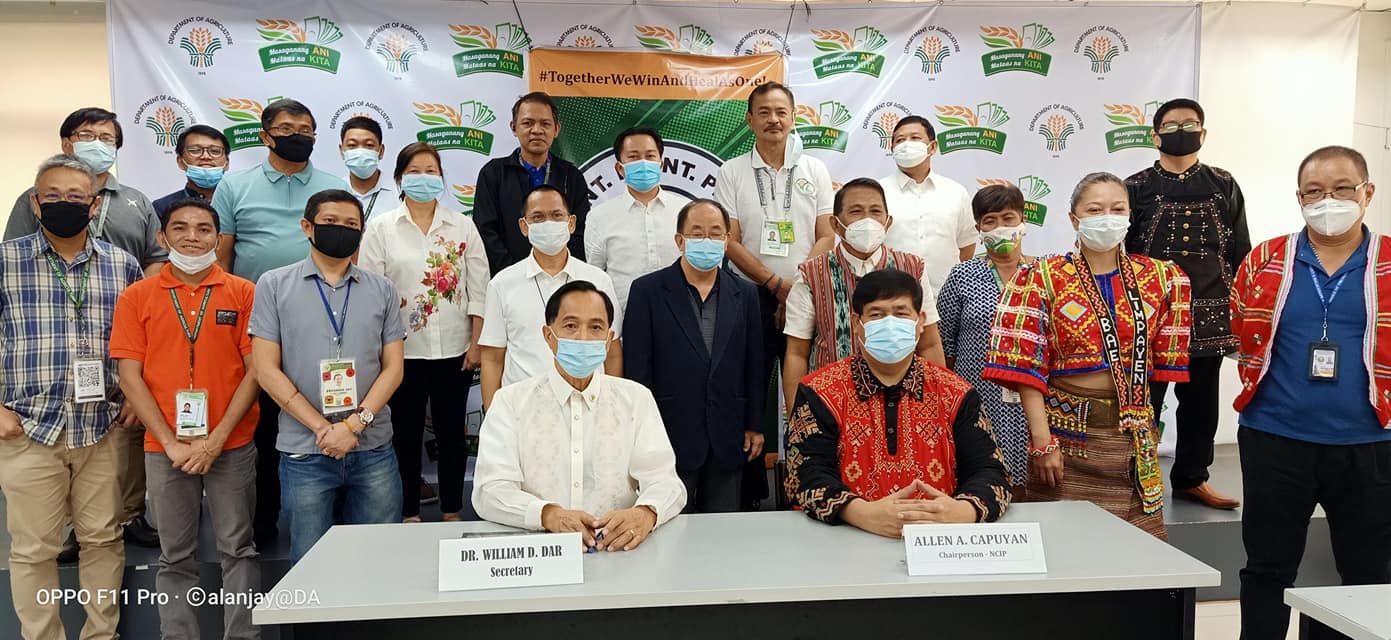
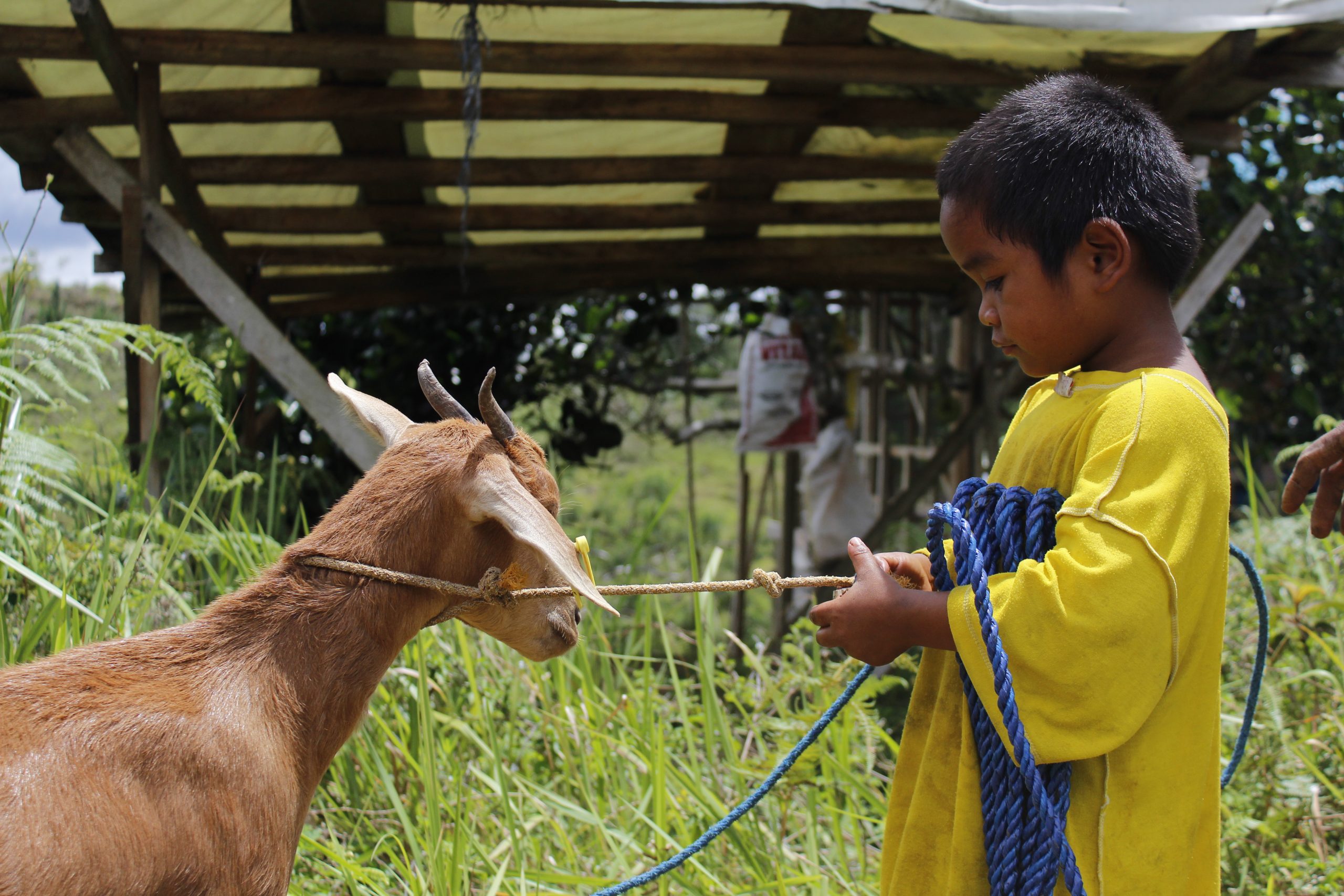
Comments (0)